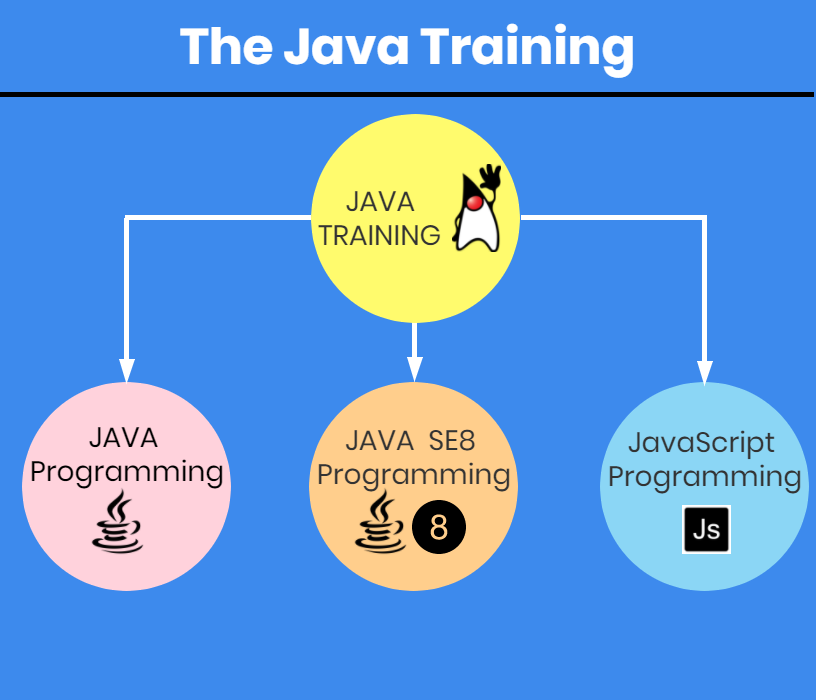Java SE8 Programming
Our world today is mostly ruled by Information Technology. All organisations use IT in their day to day processes. Organisations tend to use programs that are developed by third parties. This leads to a situation – what O/S the programs will execute on? The answer is quite simple – any O/S. But will the O/S support the program? That is where the concept of platform independence creeps in. The only language that is platform independent as of now is JAVA –developed by Sun Microsystems and later acquired by Oracle. Before being named as JAVA, it was initially known as OAK. Java has now been developed for various platforms – desktops, web, and mobile. The versions of JAVA are known as Standard Edition (SE), Mobile Edition (ME) and the Enterprise Edition (EE). At MSP Training, we ensure the delegates get their required skills in the Java Platform.
MSP TrainingPlatform independent programming





